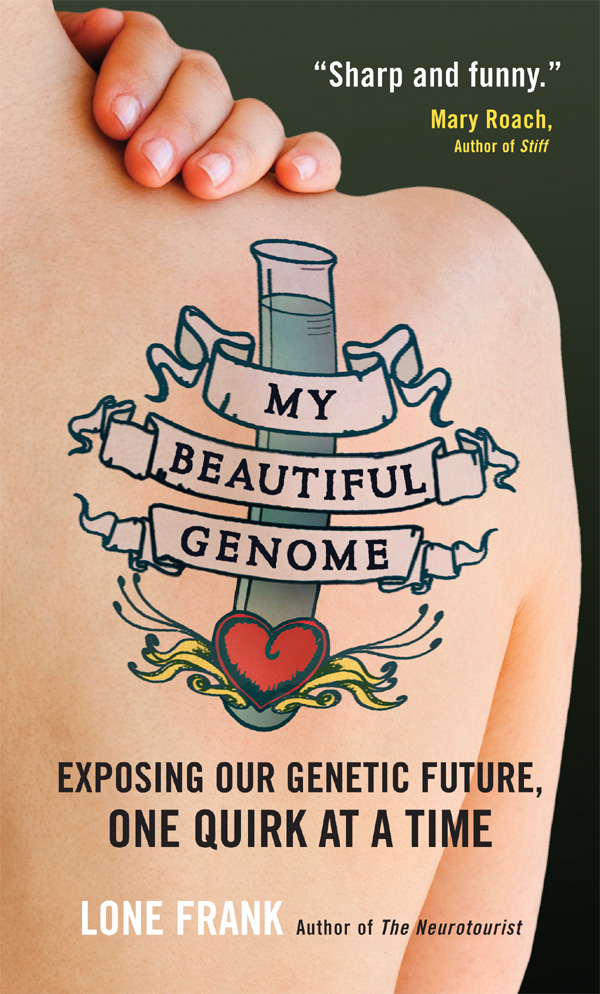
My Beautiful Genome
Exposing Our Genetic Future, One Quirk at a Time
بیان آینده ژنتیک ما، یک کویرک در یک زمان
کتاب های مرتبط
- اطلاعات
- نقد و بررسی
- دیدگاه کاربران
نقد و بررسی

June 6, 2011
As we enter an environment in which many of us will have easy access to the structure of our genome, ethical and scientific questions abound. Frank (Neurotourist: Postcards from the Edge of Brain Science), a science journalist with a doctorate in neurobiology, explores many of these issues in a probing biological memoir that approaches some familiar territory in a refreshing way. On the personal level, she shares her angst as she delves into her genetic composition in an attempt to understand the depression that has afflicted her family for generations. On a broader level, via interviews with leaders in the field, she discusses the ethics of the direct-to-consumer genetic information business and the complex relationship between genes and environment. Frank is especially good in constantly questioning how much our genes do, and do not, influence who we are. What is clear is that access to information is now far greater than a robust understanding of the implications of that information. Frank comes to a wonderfully poetic conclusion about how to balance all of this in her life: "I am what I do with this beautiful information that has flowed through millions of years through billions of organisms and has, now, finally been entrusted to me."

August 1, 2011
Danish science journalist Frank (Mindfield: How Brain Science Is Changing Our World) introduces readers to the brave new world of "consumer genetics," which comprises services as various as gene-based dating websites, prenatal screening for sex or disabilities, and social networks that allow users to share their personal genetic information with the world. Frank, concerned about a family history of breast cancer, depression, and suicide, writes of her encounters with both European and American companies in her search for clues to her biology and personality. She comes to appreciate the difficulties of using genetic information as a road map to the future and concludes that our genes are not our destiny but only one element that may potentially be manipulated for good or ill. She also discusses the exciting new science of epigenetics, which explores how genes may be tempered by social or environmental factors. VERDICT This work joins Miriam Boleyn-Fitzgerald's Pictures of the Mind as an accessible introduction to this new field of neuroscience. Lay readers will be intrigued by Frank's witty, engaging account of the possibilities of emerging genetic sciences as well as her thoughtful considerations of the philosophical and ethical dimensions of the widespread use of genetic data.--Kathy Arsenault, St. Petersburg, FL
Copyright 2011 Library Journal, LLC Used with permission.

























دیدگاه کاربران